In recent years, artificial intelligence (AI) has dramatically reshaped the way we approach a variety of tasks, from content creation and technical problem-solving to coding and research. Among the most prominent players in this space are DeepSeek AI and ChatGPT. Both are revolutionizing industries by offering sophisticated solutions to tasks that were once solely dependent on human expertise.
The DeepSeek AI vs. ChatGPT debate has sparked significant interest as businesses and individuals alike look to find out which model best serves their needs. In this article, we will compare these two AI models, highlighting their architectures, performance, costs, and much more to help you make an informed decision.
What Is DeepSeek AI?
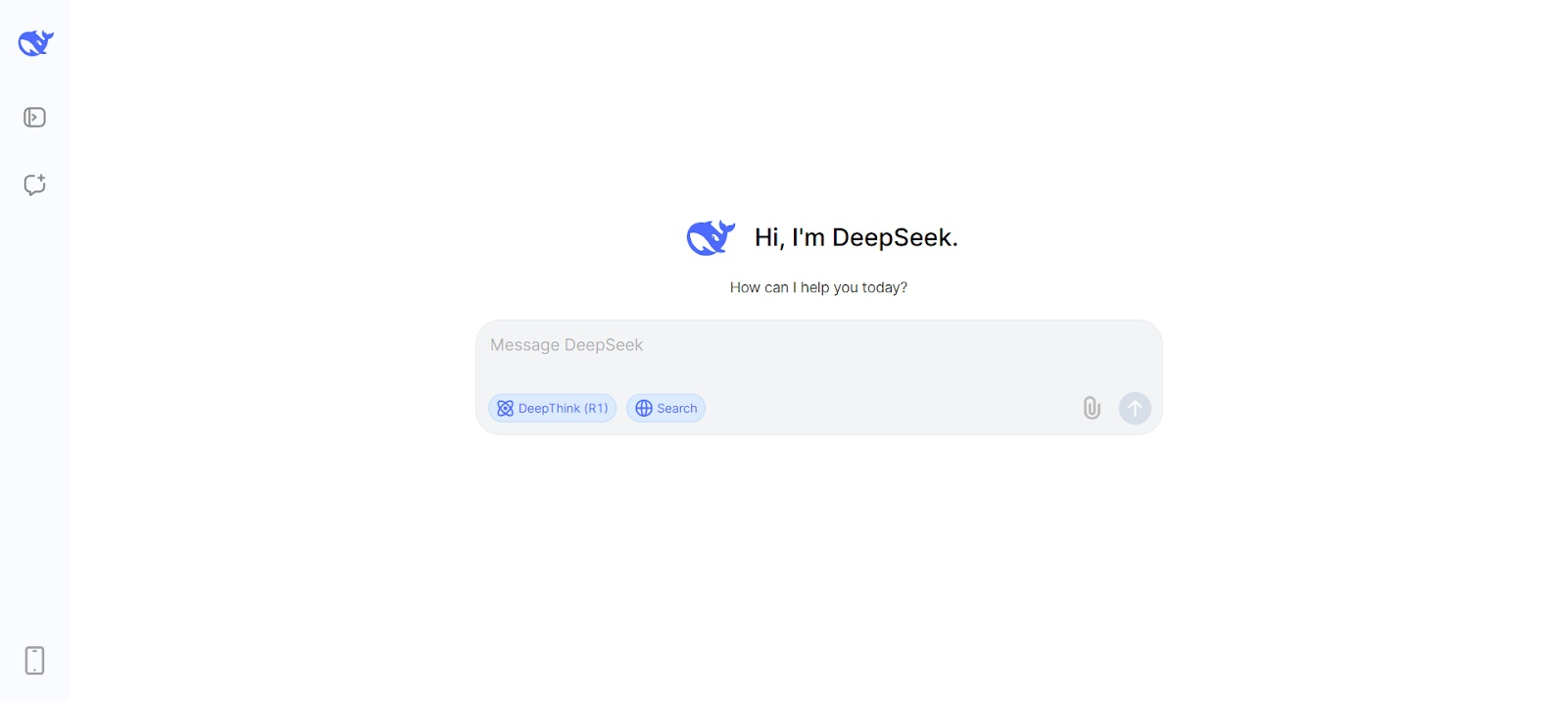
DeepSeek AI is a cutting-edge artificial intelligence solution that emerged from China in early 2025, designed to address complex problem-solving and content creation challenges. It has quickly garnered attention for its specialized performance in technical areas such as advanced coding and language processing, making it a popular choice among industries like finance, engineering, and research.
With its open-source approach and flexible framework, DeepSeek AI offers organizations and developers the freedom to customize and optimize the technology to meet unique, domain-specific requirements—all while maintaining a focus on cost-effective and efficient resource usage.
ChatGPT, The Precursor
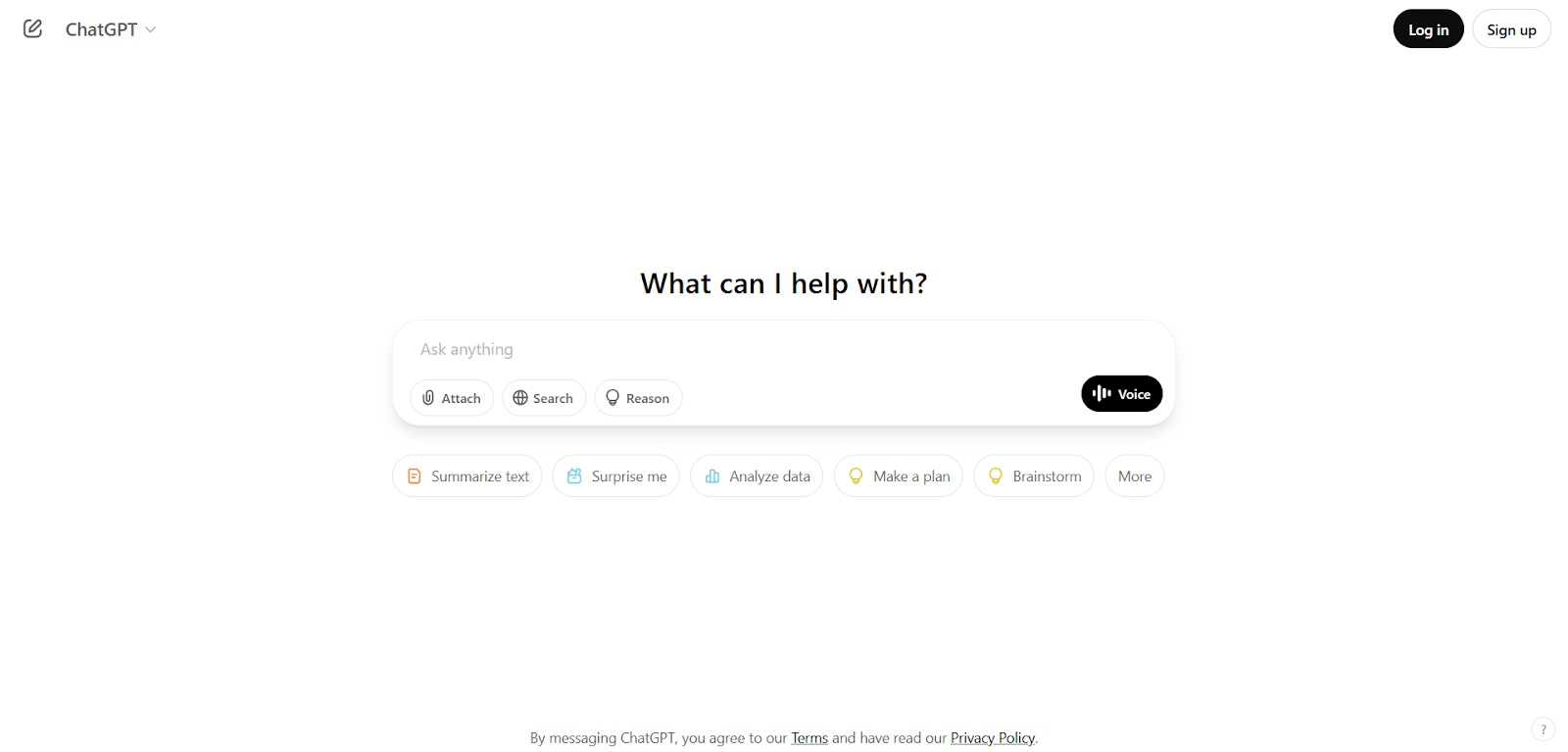
On the other hand, developed by OpenAI and launched in 2022, ChatGPT is a widely recognized AI chatbot that originated in the United States and has since become a household name in the realm of artificial intelligence. Celebrated for its natural conversational abilities, ChatGPT was initially created to facilitate engaging dialogue and provide assistance with everyday queries.
Over time, it has evolved into a versatile tool used for creative writing, technical support, and a variety of general-purpose applications. Its user-friendly design and robust functionality have made it a go-to solution for both individual users and businesses seeking a reliable, all-in-one AI assistant.
The Big Differences: DeepsSeek AI vs. ChatGPT
Now that you have caught up with the latest on the two, let’s compare DeepSeek AI vs. ChatGPT head to head.
DeepSeek AI’s Architecture
DeepSeek AI’s Mixture-of-Experts (MoE) framework is a key differentiator. Unlike traditional models that use the same parameters for every task, MoE activates only the necessary “experts” (model parameters) for specific queries, leading to better performance with lower computational costs.
This architecture makes DeepSeek particularly adept at technical problem-solving and specialized tasks, as it can “choose” the most suitable parameters for a given context. DeepSeek AI’s efficiency is evident in its ability to handle highly specialized queries that require only a subset of experts, enabling faster and more cost-effective performance.
It has shown up to 30% faster response times compared to traditional AI models when applied to technical tasks. So if were talking speed when comparing ChatGPT vs. DeepSeek, the latter is definitely quicker.
ChatGPT’s Architecture
ChatGPT, on the other hand, is based on the transformer model, which is widely known for its scalability and versatility in handling language-based tasks. The transformer architecture allows ChatGPT to analyze and generate text with impressive coherence and context retention, making it an excellent choice for generating creative content and solving a broad range of technical queries.
Its core strength lies in its general-purpose nature, enabling it to handle diverse tasks without the need for specialized models. With over 175 billion parameters in GPT-4, ChatGPT’s massive scale allows it to process complex language tasks at a high level, offering advanced conversational capabilities.
So, in the DeepSeek AI vs. ChatGPT debate, the choice hinges on your needs—DeepSeek excels in technical specialization with its Mixture-of-Experts architecture, while ChatGPT’s transformer-based design offers unmatched versatility for broader, creative, and conversational tasks.
Technical and Coding Capabilities
The next decisive aspect in the choice between ChatGPT vs. DeepSeek is their technical and coding capabilities, and while both DeepSeek AI and ChatGPT are capable, each has its strengths. DeepSeek AI’s selective expert activation gives it an edge in highly specialized coding tasks.
For instance, it performs exceptionally well with niche programming languages and complex algorithmic solutions, as it activates the most relevant “expert” for the task at hand. It’s reported to handle languages like Rust and Julia with 15% better precision compared to ChatGPT in highly technical contexts. DeepSeek AI is particularly strong in coding tasks requiring Chinese NLP or advanced mathematical reasoning.
ChatGPT, though highly capable in programming, tends to struggle with more advanced or obscure queries. Its responses are often more generalized, which can be a limitation when dealing with complex coding problems that require deeper contextual understanding. In coding tests, ChatGPT achieves 85% accuracy on average for most mainstream programming languages but struggles with niche areas like data science-specific queries and algorithm optimization.
What this means for the DeepSeek AI vs. ChatGPT pair-up is that DeepSeek’s selective expert activation provides superior performance for niche programming tasks and advanced technical problem-solving, while ChatGPT remains a versatile option for mainstream coding languages and general technical queries.
Content Creation and Creative Tasks
Comparing ChatGPT vs. DeepSeek in terms of creative writing and brainstorming, ChatGPT shines with its ability to generate coherent, engaging, and creative text across a wide array of topics. Be it writing essays, crafting stories, or generating dialogue, ChatGPT’s transformer architecture makes it ideal for creative tasks.
It’s able to produce highly accurate emotional tones and has been used successfully in advertising, screenwriting, and novel writing. According to user feedback, ChatGPT’s creative writing has a 90% user satisfaction rate for its ability to mimic diverse writing styles.
DeepSeek AI, while not as naturally creative as ChatGPT, excels in generating structured, technical content that requires precision and clarity. For instance, it may perform better at creating technical documentation or content that demands specialized knowledge. It has a distinct edge when it comes to writing detailed user manuals or generating step-by-step guides for complex systems.
Overall, when you compare DeepSeek AI vs. ChatGPT for content creation and creative tasks, ChatGPT excels in generating engaging, coherent, and emotionally resonant text for creative writing, while DeepSeek AI focuses on producing structured, precise content, making it more effective for technical documentation and specialized materials.
Cost, Accessibility, and Customization
There are a few key differences between DeepSeek AI vs. ChatGPT in terms of cost and accessibility. DeepSeek AI’s pricing structure is designed for businesses requiring specialized AI models.
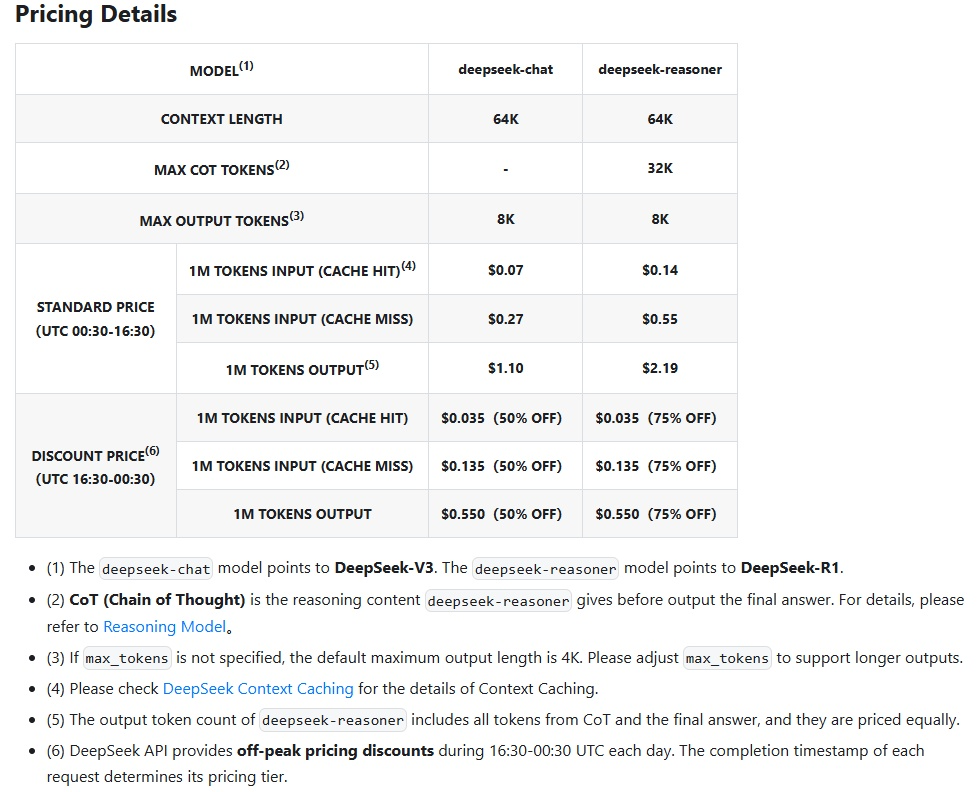
It typically offers customizable plans based on the number of activated experts, making it suitable for users who need deep, specific capabilities at scale. DeepSeek’s enterprise solutions often cost around $5,000 per month, with pricing increasing based on the level of specialization and usage.
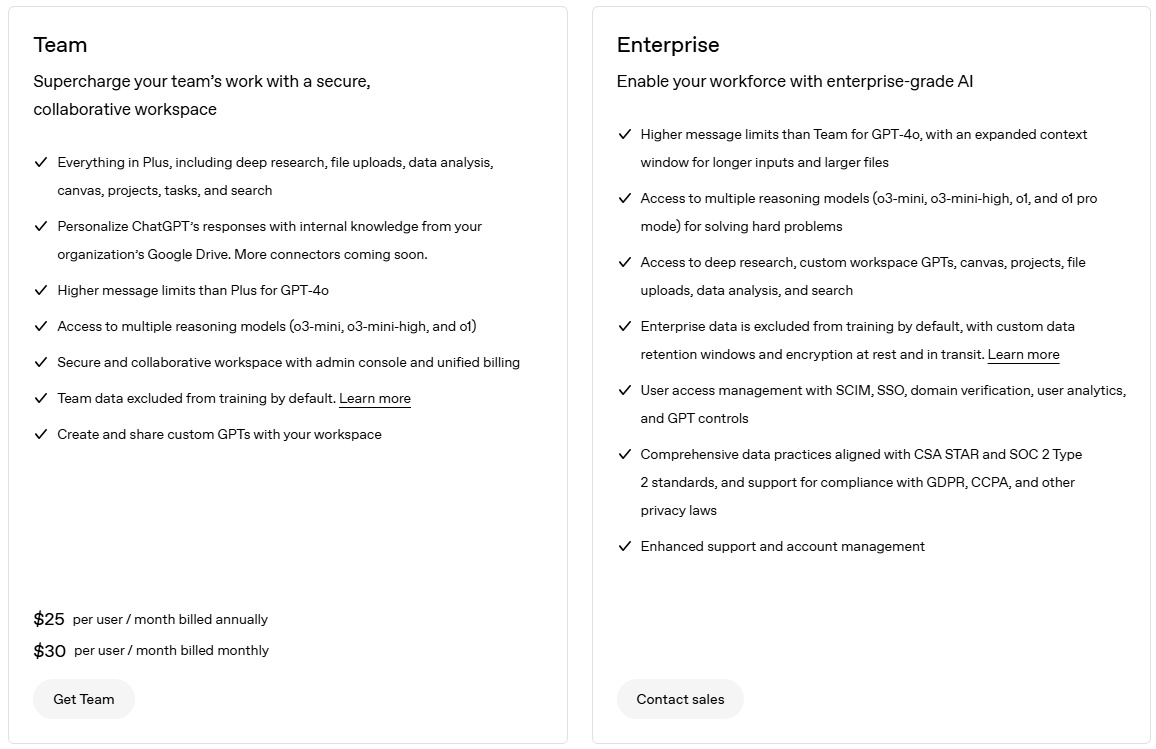
In contrast, ChatGPT offers more affordable access and is one of the best AI tools for individuals or small businesses. The model’s free version provides solid functionality for general use, while premium plans unlock additional features and faster processing speeds.
Its ease of use and wider accessibility make it an excellent choice for a broad audience, though it may not have the depth of specialization offered by DeepSeek AI. ChatGPT’s paid plans start at $20 per month for the ChatGPT Plus version, with higher-level enterprise plans available for businesses.
Finally, In the cost, accessibility, and customization debate of DeepSeek AI vs. ChatGPT, ChatGPT offers more affordable options with a free plan and a $20/month premium plan for advanced features, while DeepSeek AI, though costlier with enterprise plans starting at $5,000 per month, provides deeper customization and specialized performance tailored to businesses with complex AI needs.
Pros and Cons of DeepSeek AI vs. ChatGPT
With all that said, let’s take a final look at the pros and cons of DeepSeek AI vs. ChatGPT.
| Feature | DeepSeek AI | ChatGPT |
| Architecture | Mixture-of-Experts (MoE) | Transformer-based |
| Specialization | Highly specialized in technical tasks, Chinese NLP, and coding | General-purpose for a wide range of tasks |
| Performance Efficiency | Faster performance, up to 30% quicker in specialized tasks | Standard performance, slower with complex queries |
| Technical & Coding Capabilities | Excels in niche coding tasks and advanced math | Strong in mainstream coding but struggles with complex tasks |
| Content Creation | Generates structured technical content | Excellent for creative writing, essays, and brainstorming |
| Multimodal Support | Limited support | Supports text, image, and voice (ChatGPT Plus) |
| Customization | Open-source, highly customizable | Limited customization |
| Cost | Enterprise plans start at $5,000/month | Free version, premium plan at $20/month |
| Ease of Use | Requires technical expertise for optimal setup | User-friendly and accessible for all levels |
| Pricing Structure | Customizable based on usage | Free with paid plan for advanced features |
| Speed | Faster in specialized tasks | Standard speed with occasional delays for complex queries |
| Open-Source | Yes, promotes community contributions | No, access to advanced features requires a subscription |
| Accuracy | High accuracy in specialized tasks | High accuracy in general tasks, occasional inaccuracies |
| Enterprise Focus | Targets industries like finance, engineering, research | Broad applications across industries |
| Limitations | Less versatile, complex setup for non-technical tasks | Limited advanced features without premium plan |
Final Thoughts – DeepSeek AI vs. ChatGPT: Which One Should You Choose?
In conclusion, DeepSeek AI is a cost-effective large language model (LLM) optimized for technical natural language processing (NLP) and multilingual tasks, while ChatGPT by OpenAI remains the top choice for versatile AI-driven content creation, coding, and conversations. Basically, ChatGPT crawls its full database for each query while DeepSeek only pulls from a narrow subset of data related to the specific search.
Choosing between these two depends on your needs: if you prioritize technical depth and specialized tasks, DeepSeek AI is your best bet. If you’re after a versatile, easy-to-use tool for content creation, conversation, and broad applications, ChatGPT is a clear winner.
However, Deepseek AI is only one of ChatGPT’s many alternatives, so here is an in-depth look at the top ChatGPT competitors in 2025.
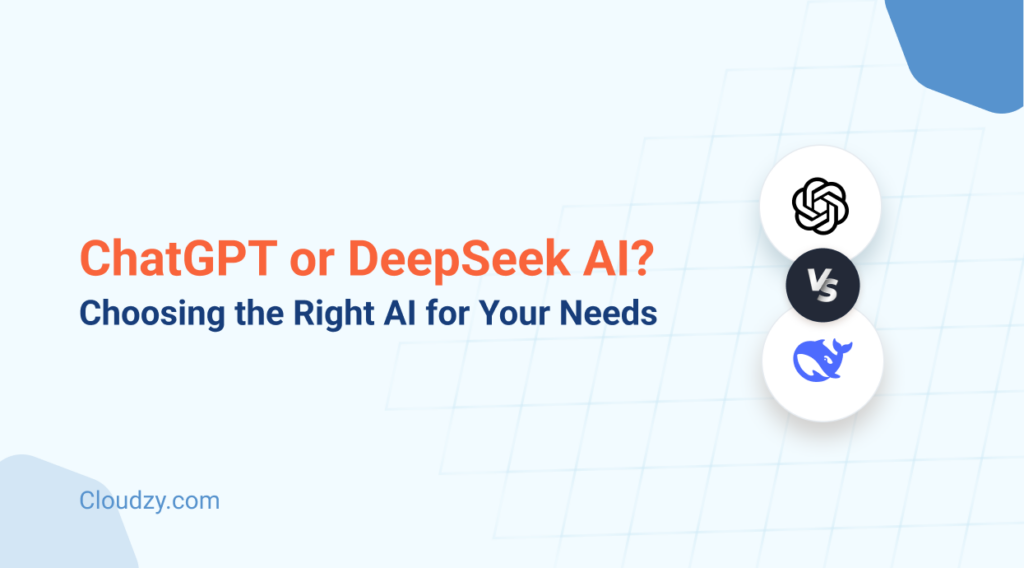


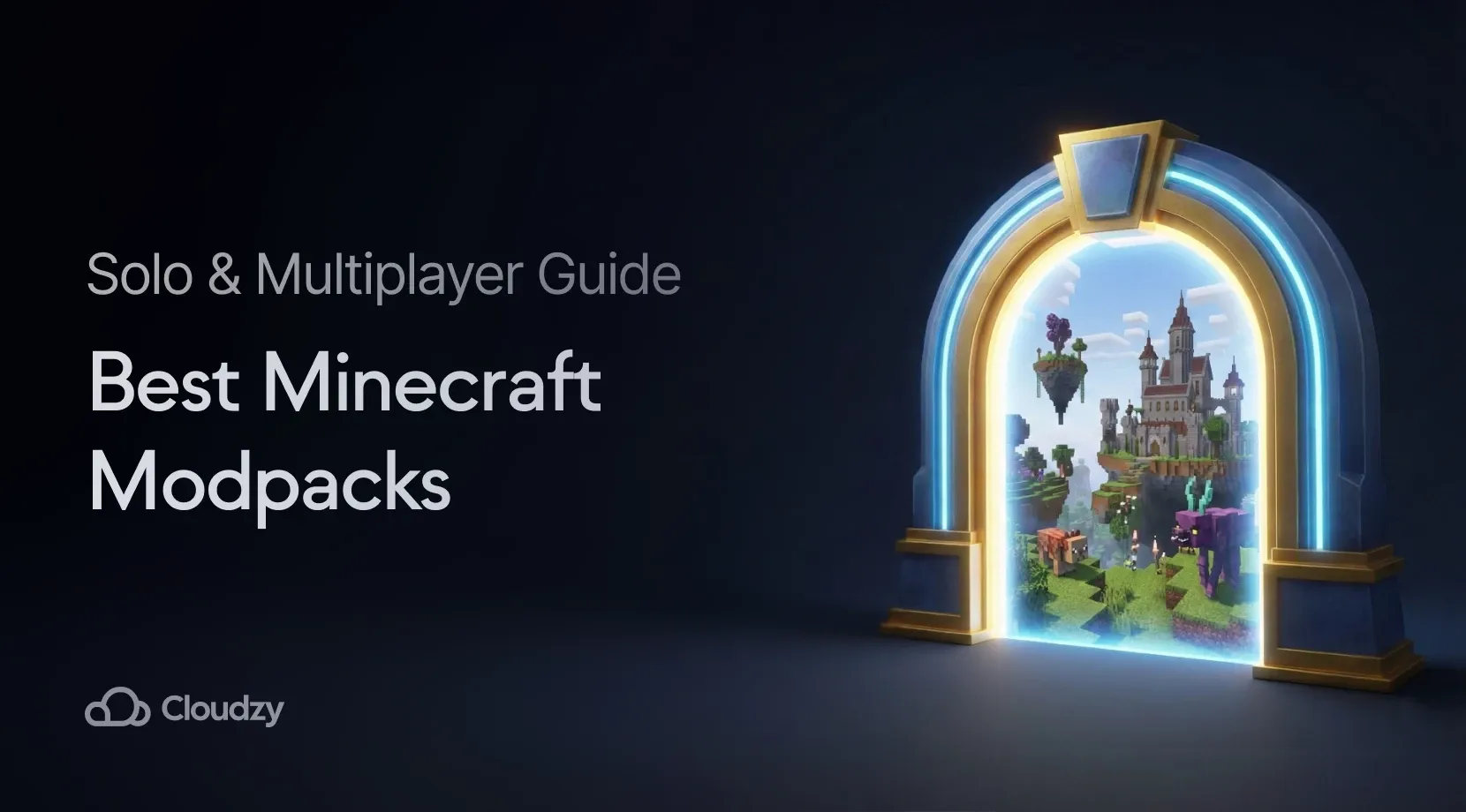
One thought on “ChatGPT or DeepSeek AI? Choosing the Right AI for Your Needs”
Great comparison! It seems like DeepSeek AI’s strength lies in niche technical fields, while ChatGPT still excels in broader conversational tasks. I’d love to see some real-world performance benchmarks between the two to get a clearer sense of their strengths.